
Two Sides, One Coin
A coin has two distinct sides; each side might look completely different, yet it’s still one coin. In essence, a husband and wife are two sides of the same coin…

Two Sides, One Coin, Part 1
A coin has two distinct sides, yet it’s one coin. Each side might look completely different, yet it’s still one coin. In essence, a husband and wife are two sides of 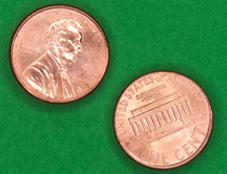 the same coin.
the same coin.
 the same coin.
the same coin.The Zohar says, “Man and woman – one soul.” Don’t think that this is just a nice saying to encourage husbands and wives to love and respect each other. A man and a woman are not only one soul, they’re one body too. Hashem and emuna are the adhesives that bind a man and a woman. So, if it seems that they are separate, it’s only because they’re not glued together strong enough; in other words, they need more of Hashem and more of emuna in their lives, as we’ll soon learn.
It’s funny, but when we wade through Torah and Torah literature, we find that little is mentioned about the wives of many of the great tzaddikim. We don’t know anything about Rebbe Shimon Bar Yochai’s wife or about the Ariza”l’s wife. Little has been written about Rebbe Nachman’s wife either. Why is that? Why don’t we know anything about the wives of Reuven, Shimon, Levy or most of the other sons of Jacob? What was the name of Issachar’s wife or Zevulon’s wife? Nobody knows! Why does Jewish history and Torah sources go into such tiny detail in some areas, but when it comes to the wives of our great leaders and wise men, the pages go blank? I was troubled by these questions, so I asked my beloved teacher Rav Shalom. Without batting an eyelash, he told me that the answer to my question is simple: The Torah and Torah-oriented writings don’t have to write separate narratives about the wives of the great men, because the wife is not only a part of and included in her husband, she is the very essence of her husband. What you see in her is him. She’s the mirror. His greatness and accomplishments belong to her. This principle enables us to understand the Gemara in tractate Ketubot 63a, when it tells that Rabbi Akiva told his thousands of pupils that everything he has and they have belongs to his wife Rachel. Rabbi Akiva can say such a thing because Rachel not only made him what he is, but she is him.
This is easy to understand: if Rachel – or any other righteous man’s wife – wouldn’t have been on the spiritual level of her husband, she would have hindered him and he wouldn’t have become such a great man. People often say that behind every great man stands a great woman. That’s an understatement – according to Torah, within every great man stands a great woman. She is him. A great man is really the outer manifestation of a great woman. They are not only hand-in-hand during their entire journey together throughout life in this world and in the next – they are soul-in-soul.
In the beginning Parashat Vayera, three angels disguised as Bedouins from the desert appear to our forefather Abraham and inform him of the good news that he and his wife Sarah will give birth to a baby son by this time next year. Sarah, from inside the tent, puts her dried and bony 89-year old hands on her womb and chuckles to herself, “Shall my flesh rejuvenate itself after it has long ago lost its vitality? Is it possible for me to bear a child at all?” In Genesis chapter 18, verse 13, we see that Hashem asks Abraham, “Why did Sarah laugh?” The Midrash tells us that Hashem told Abraham that Sarah couldn’t believe that she would have children, when in truth she thought that Abraham – who was 99 years old already – was the one that couldn’t have children. As such, the Midrash says, Hashem stretched the truth in order to preserve shalom bayit – the marital peace between Abraham and Sarah.
That in itself raises a tremendous question – if Hashem was so concerned about the marital peace between Abraham and Sarah, why did he tell Abraham that Sarah laughed and didn’t believe that she was capable of having a child? Isn’t this a form of gossip? In other words, Abraham didn’t hear her at all, for she was inside the tent and he was outside with the three angels. She was outside of his earshot. So why does Hashem tell Abraham that Sarah laughed? Wouldn’t it have been better if Hashem would have said nothing at all? Let’s ask an additional question: the Torah tells us that Sarah was on a higher spiritual level than Abraham – her powers of prophecy were greater than his. In that case, why doesn’t Hashem reveal Himself directly to Sarah, and ask her why she’s laughing? It seems to make more sense all the way around.
I asked Rav Shalom this question too, and he had a simple and amazing answer based on a principle that he teaches in The Garden of Peace: Hashem told Abraham that Sarah laughed because the woman is the mirror of the man. If Sarah didn’t have sufficient emuna to believe that Hashem can rejuvenate her at age 89 and give her a child when she’s been infertile her entire life, then that’s Abraham’s problem and not Sarah’s. If she seems to lack emuna on the outside, it’s because she’s mirroring some inner deficiency of emuna on his part. That’s why Hashem is telling Abraham that Sarah doesn’t believe she’ll be a mother and is therefore laughing. Hashem certainly doesn’t intend to pass gossip, Heaven forbid, nor does He speak directly to Sarah, because her weakness is merely a reflection of his weakness. Rav Shalom told me that Hashem is saying to Abraham, “This is your problem. You must rectify the deficiency that manifests itself in your wife’s disbelief. Get to work, Abraham – you have an area that needs reinforcement. As the patriarch of the Jewish people, your emuna must not be merely strong – it must be invincible.”
We therefore see that a wife’s deficiencies are an exact reflection of our shortcomings. If we want our wives to be better in a given area, we first have to better ourselves. Comments and criticism won’t make a better wife – they’ll only destroy a marriage.
At this point, many Torah scholars could yell at me and cite a long list of Torah sources that say that our forefather Abraham had perfect emuna. So how can we say that Sarah’s slight blemish of emuna was his fault?
This question too has a very simple answer. We’ve already learned that man and woman are one soul. This is not just a nice expression, but a spiritual truth that’s brought down in the Zohar and in the writings of the Ariza”l. Just like a coin, every soul has two sides. But where a coin has “heads” and “tails”, a soul has a male side and a female side, created in the Divine image.
Abraham himself – the male side of his mutual soul with Sarah – had perfect emuna. But, the female side of that soul, manifest by Sarah, needed reinforcement. Rav Shalom told me that it was Abraham’s responsibility to illuminate her half of their soul with his light of emuna. It was his job to teach her, to learn with her, to strengthen her, to talk to her about emuna, and to encourage her until she reached his level. Hashem is therefore telling Abraham that he should be doing more to strengthen his wife. “If she has a problem, it’s your problem…”
To be continued



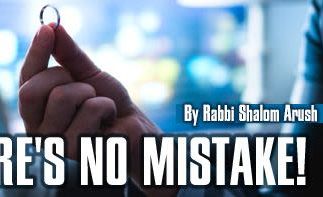
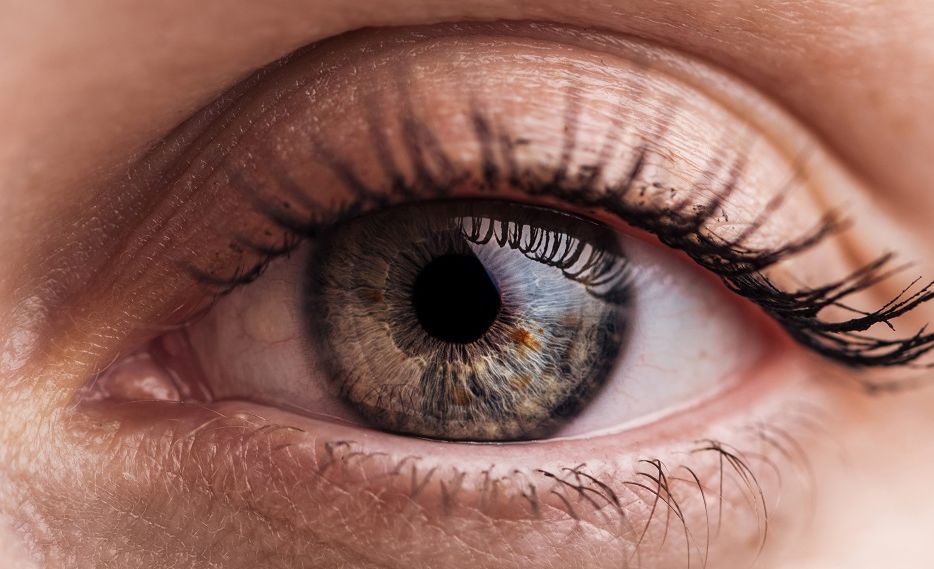
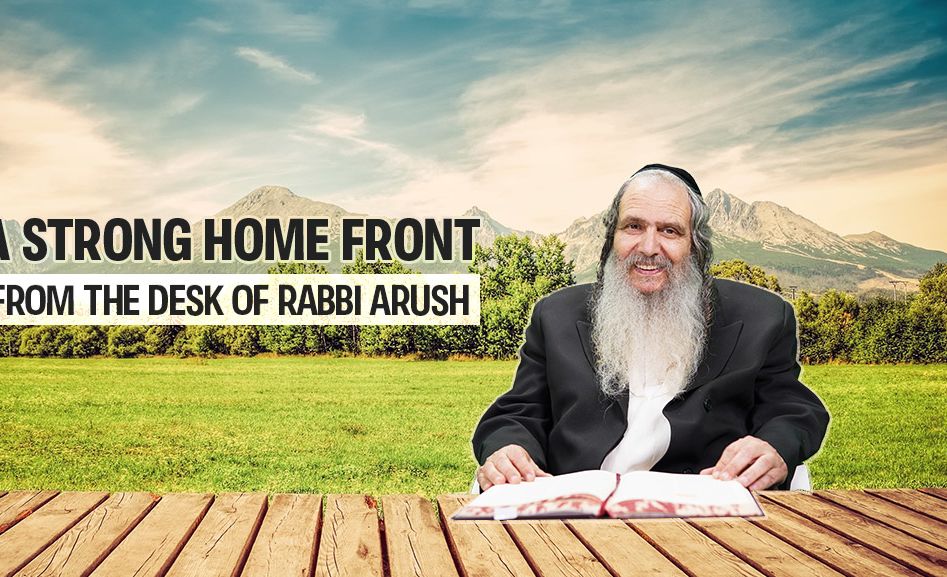
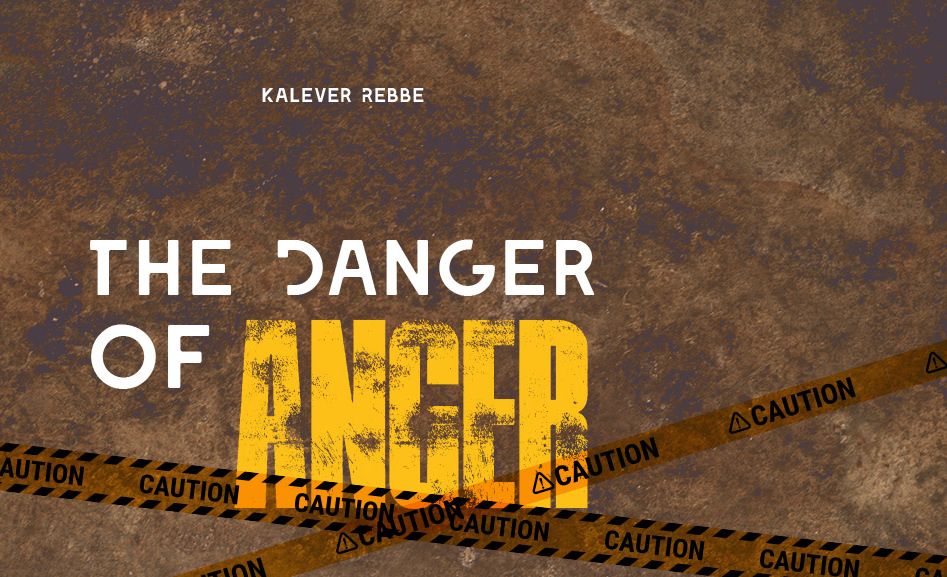

12/26/2010
What about the other wives? One husband had more than one wife, but only 'principle' wives are ever mentioned in commentary such as this. Do men need more than one side to their coin? Do women share the same side together becoming 'one' woman to the man?
12/26/2010
One husband had more than one wife, but only 'principle' wives are ever mentioned in commentary such as this. Do men need more than one side to their coin? Do women share the same side together becoming 'one' woman to the man?
5/25/2010
Great expression of universal principle Thank you Rav Brody – great teaching and parallel with the coin – that’s what I try to keep in mind when I feel like criticizing my wife 🙂
And thank you for writing this article now, when I need it so 🙂
Ish Tam
http://ish-tam.com